The Ballyconnell and Belturbert fire brigades were called on to battle the two blazes in Cavan on Thursday night.
Sligo firefighters were also battling a forestry and gorse fire into Thursday night and reporting progress in bringing it under control. According to Sligo County Council, the fire in the Killery Ballintogher area extended to 4,000ac during Thursday.
Fire at Killery, Co. Sligo still burning after 24 hours, tks to Karen Mullins for sending this photo showing the extent of the devastation pic.twitter.com/AWE9m6oUqa
ADVERTISEMENT— Irish Wildlife Trust (@Irishwildlife) May 4, 2017
The wildfires reported in Cavan and Sligo are part of an ongoing spate of fires across the country. Sheep were killed in a fire in west Cork and a protest was held in Kerry to highlight the challenges that farmers in the uplands face.
The main source of wild gorse fires is thought to be the deliberate starting of fires
The issue has brought the proposed Heritage Bill, which will extend the legal burning period, into sharp focus for farmers. It has been passed through Seanad Éireann but cannot be brought into law until it goes through the Dáil.
"Significant environmental damage is caused by wildfires and the issue has become more acute in recent years," Minister for Arts, Heritage, Regional, Rural and Gaeltacht Affairs Heather Humphreys said in response to a parliamentary question this week. "The main source of wild gorse fires is thought to be the deliberate starting of fires without concern for the consequences."
She reminded the public, farmers included, to act responsibly at all times and to be vigilant in preventing fire.
Cutting, grubbing, burning or destruction of vegetation, with certain strict exemptions, is still prohibited from 1 March to 31 August until the Heritage Bill is passed in the Dáil.




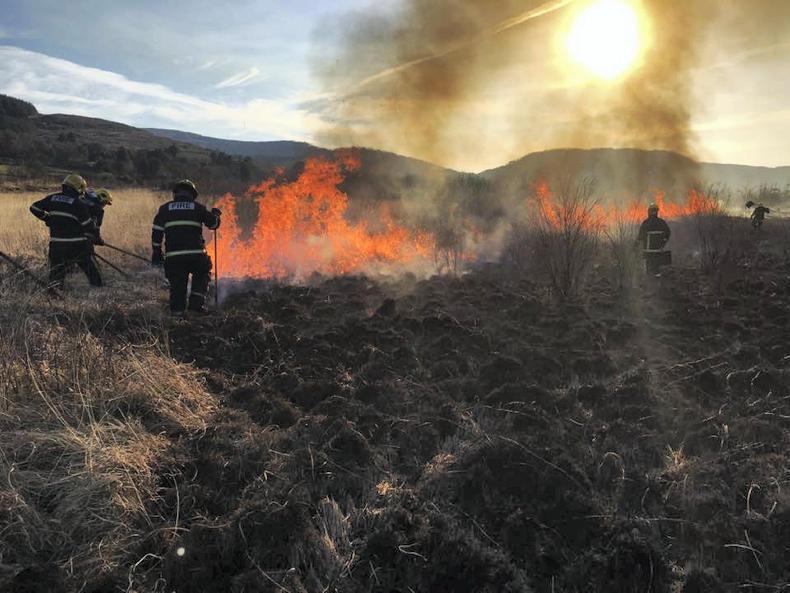
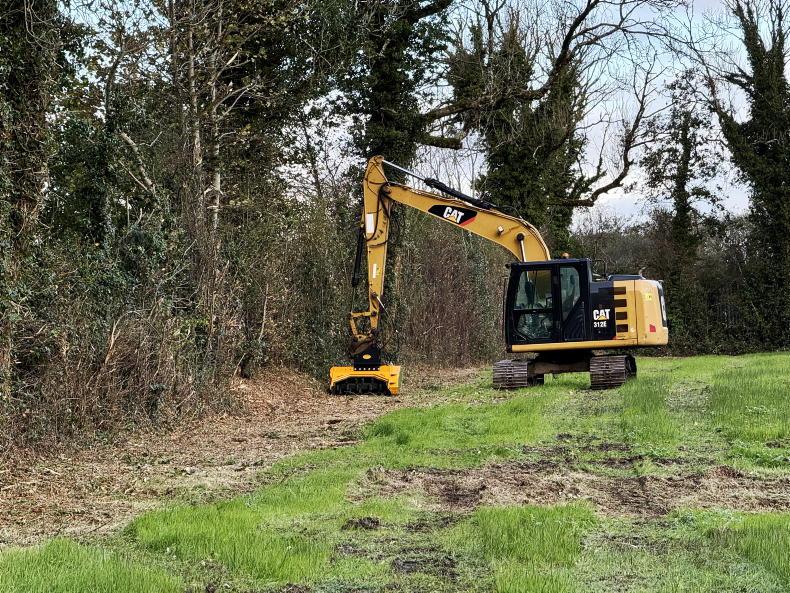
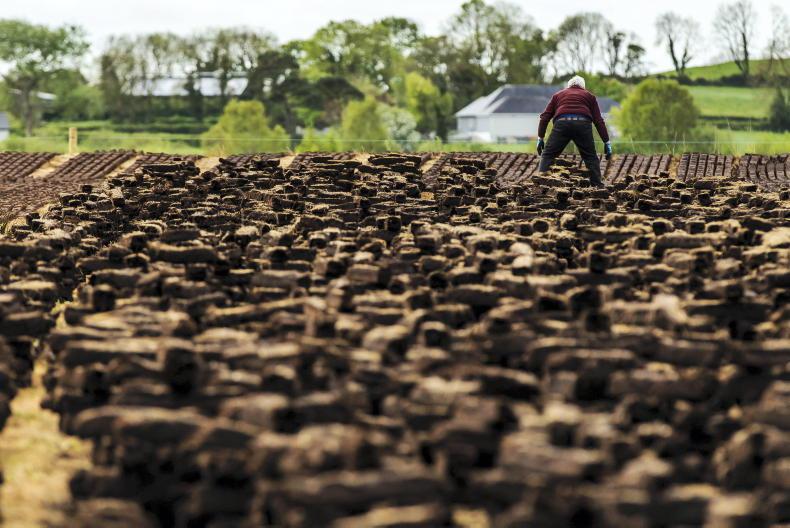
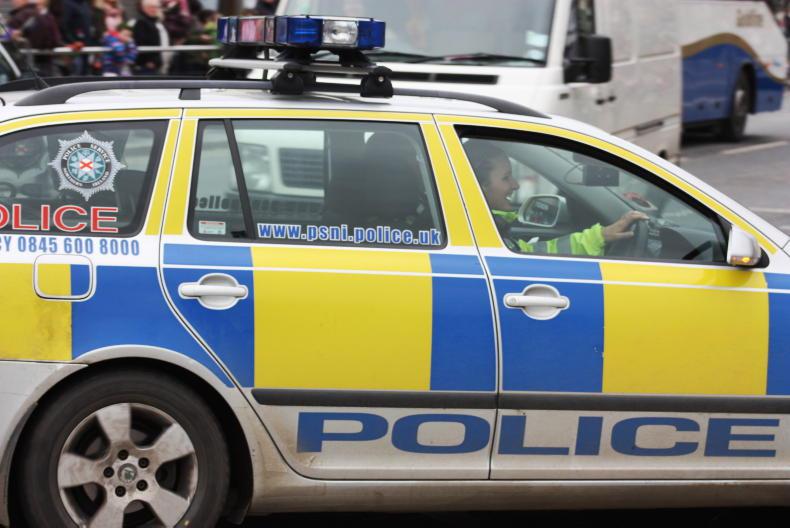
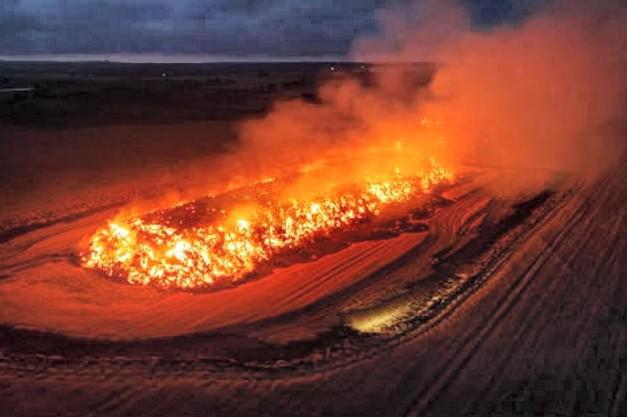
SHARING OPTIONS